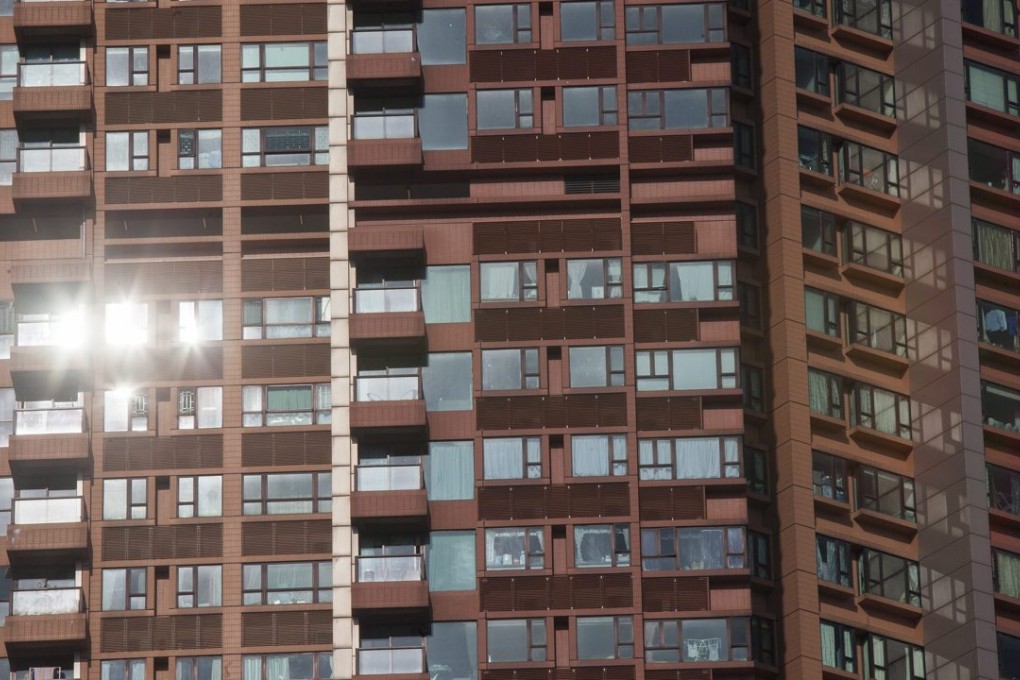Rezoning of Hong Kong’s green belt for housing must be a last resort
Ian Brownlee says the Paris climate accord obliges Hong Kong to do more to protect its natural treasures, so using these sites for a quick fix to our housing shortage is short-sighted

One of the concepts from Paris is the protection and improvement of “carbon sinks”, particularly forests and seas, which applies to our forests, wetlands and surrounding seas. The summit states the importance of “reducing emissions from deforestation and forest degradation, and the role of conservation, sustainable management of forests and enhancement of forest carbon stocks”, and notes “the importance of ensuring the integrity of all ecosystems”.
Hong Kong is a small city, but by focusing on local impact and mitigation, it can ensure it does its bit. It could also be a model for other high-density cities
Protecting and enhancing forests and biodiversity reinforces the Convention on Biological Diversity, which also applies to Hong Kong.
Hong Kong is a small city, but by focusing on local impact and mitigation, it can ensure it does its bit. It could also be a model for other high-density cities.
Research in Hong Kong shows a progressive increase in temperature. While some of this is external, the major local impact is the heat-island effect from increased urbanisation. A change in surface from vegetation to concrete can significantly increase temperatures. Retaining vegetated areas, or increasing them, is a major way to combat climate change for us. The Paris accord requires the government to rethink its policy priorities. The rezoning of open space and community sites for housing within our dense urban areas will only exacerbate temperature rises.
READ MORE: Hong Kong government housing plans may intensify ‘heat island’ effect, warns academic
